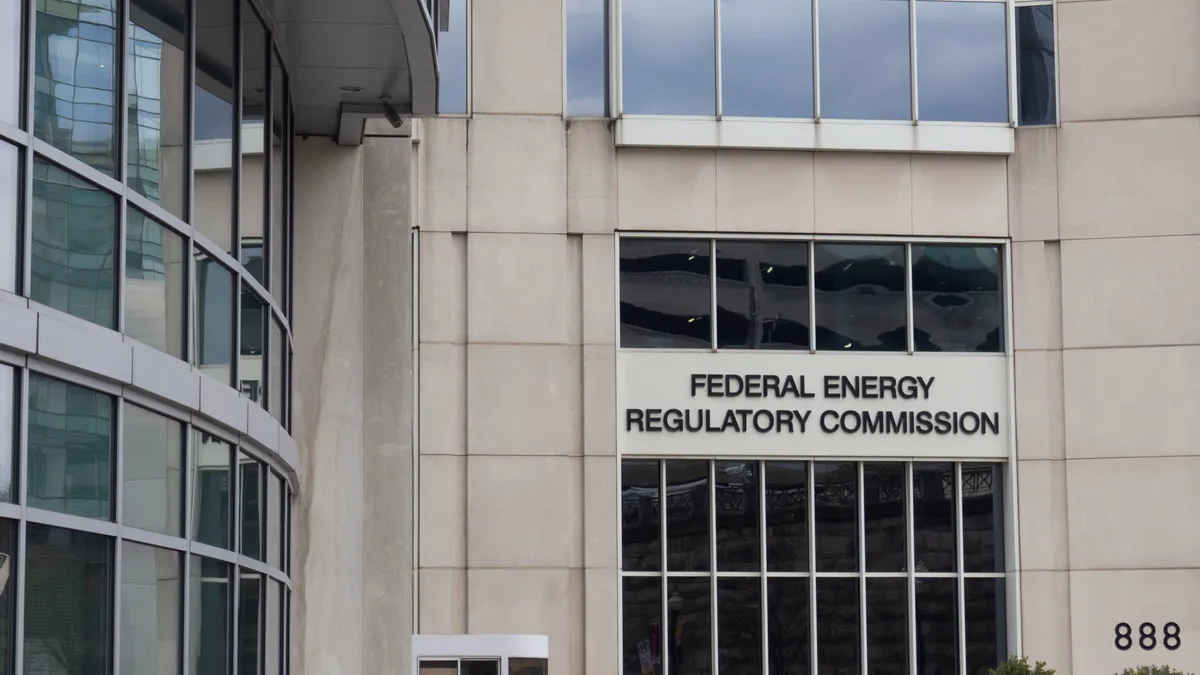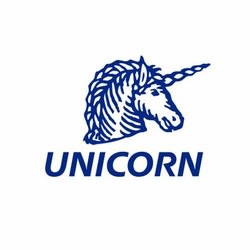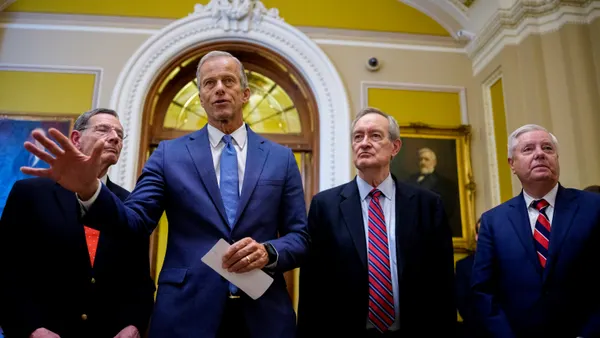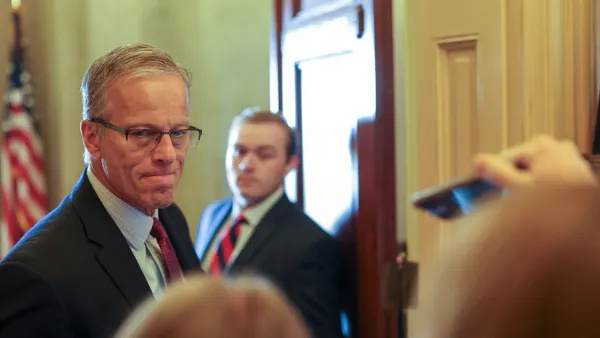Dive Brief:
- Voters in Washington state will again consider putting a price on carbon emissions when they head to the polls in November, two years after rejecting a similar proposal, and municipal utilities are set on rejecting the measure.
- Initiative 1631 would set a carbon price of $15/metric ton on emissions from large polluters beginning in 2020 with a $2/ton annual increase until the state's 2035 greenhouse gas goals are met and compliance with 2050 goals appears likely. The 2016 ballot question seeking to establish a carbon fee received about 40% support.
- Two public utility districts (PUD) in southeast Washington that largely rely on hydropower approved resolutions to oppose the ballot measure, claiming the carbon fee would lead to significant increases to their power prices, according to the Tri-City Herald.
Dive Insight:
Is the third time the charm for a Washington carbon fee?
State munis are hesitant about the policy, even in instances where their power mix is more than 90% carbon-free.
Benton PUD declared its opposition to the initiative on Tuesday, noting that the policy would raise retail rates 1% to 2% despite their 92% carbon-free portfolio. Franklin PUD declared its opposition in August, estimating a 1% increase each year to its retail rates.
On the other hand, supporters are saying the tax would likely cost the state's consumers about $10/month at most.
By setting a fee instead of a tax, Initiative 1631 would make the funds go toward a specific issue in the state. Either way, Washington would be the first government anywhere to enact a similar mechanism through a referendum, according to The Atlantic.
"We want to protect these investments from partisan politics and gridlock in our state legislature, this structure ensures the funds go where they are needed most," Yes on 1631, a group supporting the bill, says on their web site.
If Washington passes the ballot question, it would be the first government to establish any sort of carbon tax by referendum in the world. However, the idea has faced continued pushback in the state, with the Democratic-held Senate rejecting a similar proposal earlier this year.
After the 2016 defeat, Gov. Jay Inslee, D, floated a new version of a carbon fee in January which proposed a $20/ton tax to begin in 2019 and was anticipated to bring in almost $5 billion in the first six years. But the defeat of that proposal, even in the state's left-leaning Senate, puts the November vote in doubt. However, federal touting of deregulation benefits and environmental rollbacks has spurred some blue states to fight back and push aggressive carbon emission standards.
Five major oil companies, including BP and Chevron, are supporting the campaign to defeat 1631 and have raised more than $10 million to oppose it, according to The Journal Times.
Washington state is currently working to reduce greenhouse gas emissions 25% below 1990 levels by 2035, and 50% by 2050.














